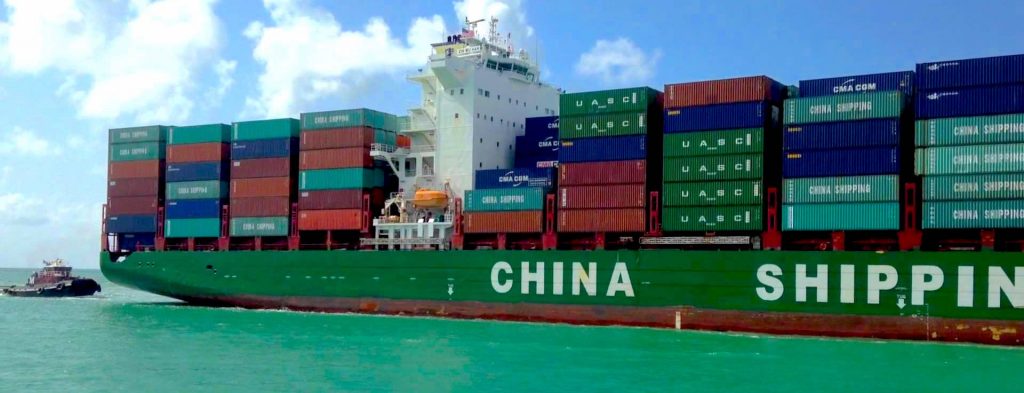Protecting downstream products helps US economy
Washington. The Coalition for a Prosperous America (CPA) today lent its support to a possible increase in tariffs on Chinese imports. To date, Beijing has refused to halt predatory actions that have spurred an initial 10 percent tariff on $200 billion of Chinese imports. The president has now signaled a possible boost in the tariff rate—to 25 percent—unless China changes course.
CPA Chairman Dan DiMicco said, “I strongly support President Trump and Ambassador Lighthizer as they respond to Beijing’s predatory behavior. For years, China’s government owned companies have gotten rich from a wide-open US market. But now that the administration has let China know that its violations of world trade law are unacceptable, Beijing has simply increased its protectionism. America can’t afford to keep rolling over to China, and it’s important that the president is now following through by enforcing existing US trade laws.”
Earlier this year, the administration announced tariffs on Chinese goods produced via commercial espionage, hacking, and forced technology transfer. In response, Beijing imposed tariffs on America’s agricultural exports. More recently, Beijing has also devalued its currency to further increase export competitiveness. Such currency manipulation violates Beijing’s existing obligations under World Trade Organization (WTO) law.
“First, it is better for our members to have more comprehensive – as opposed to spotty – tariff coverage to include their products so they are not at a disadvantage when input prices rise but subsidized imports flow in downstream,” said Michael Stumo, CEO of the CPA. “Second, I don’t understand opponents’ assertions that unilateral action should be abandoned in favor of negotiations or multilateral efforts because those efforts have a long track record and have failed.”
The president’s actions stem from section 301 of US trade law, which provides for trade remedies when a foreign government “violates an international trade agreement” or acts in a manner that is “unjustified, unreasonable, or discriminatory, and that burdens or restricts U.S. commerce.” Stumo points to recent statements by China’s Ambassador Zhang Xiangchen, who frankly and boldly admitted that China has never intended – and does not intend – to change its aggressive nationalism. Specifically, Zhang said it has always been “wishful thinking” for Americans to expect that “China would change and move onto a different path upon its WTO accession.”
“China’s economic model is based upon stealing ideas from others, subsidizing overproduction economy-wide, suppressing domestic consumption, and excessively relying upon US consumers to fund its geopolitical rise,” continued Stumo. “America needs to get comfortable with – and good at – strategic trade over the long haul.”













